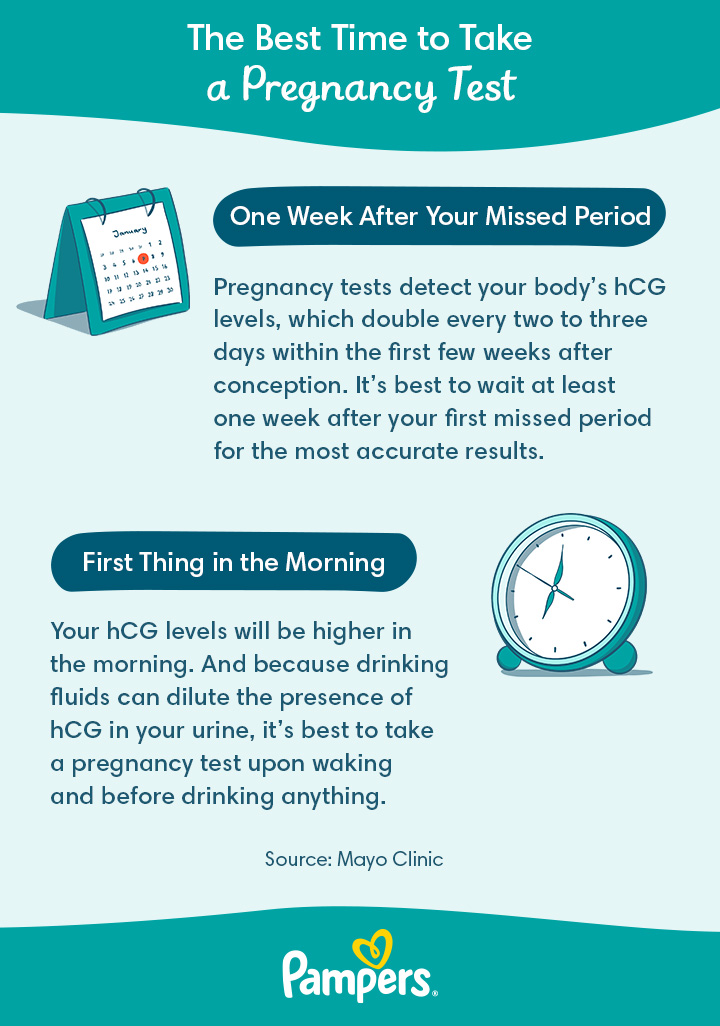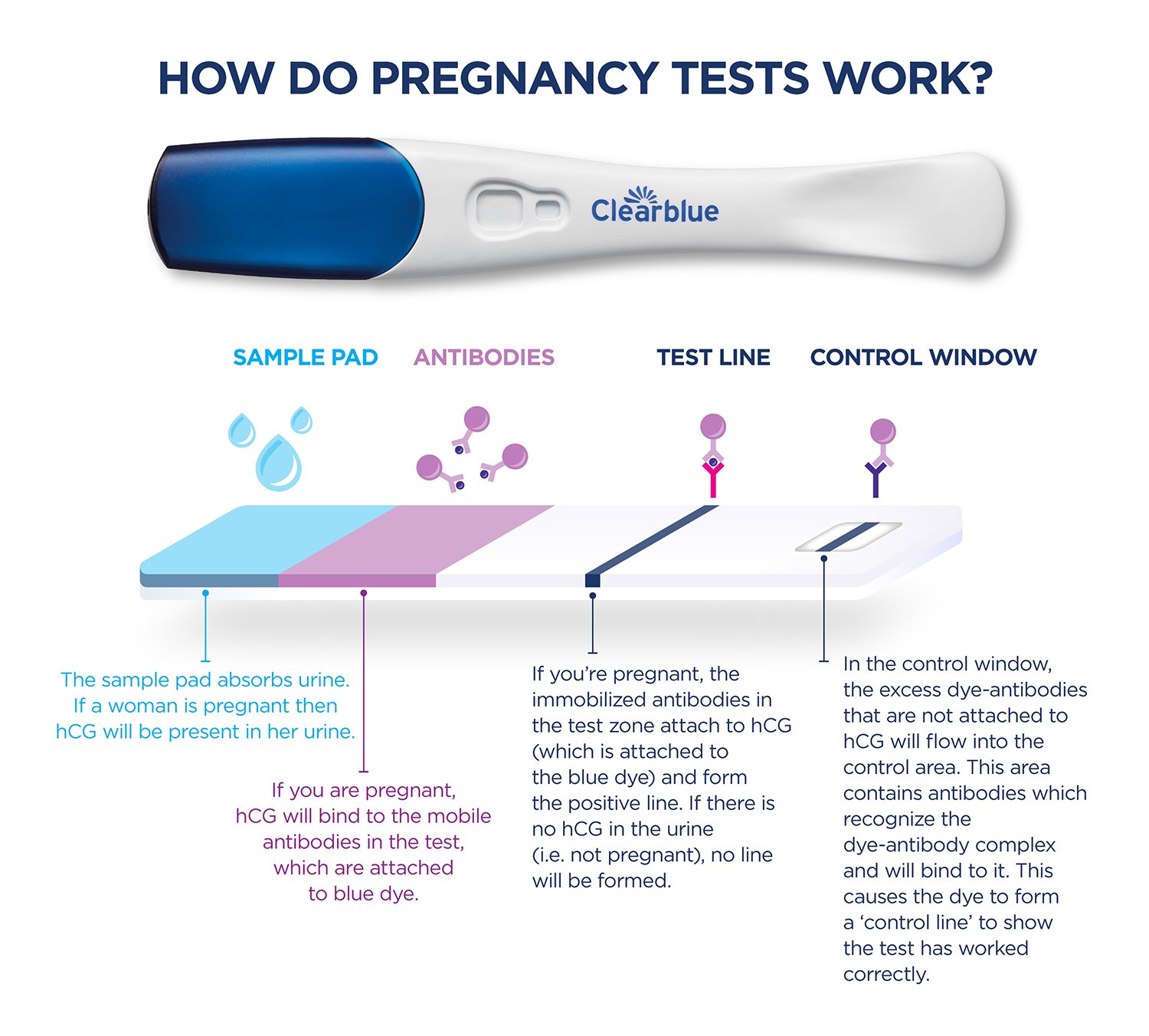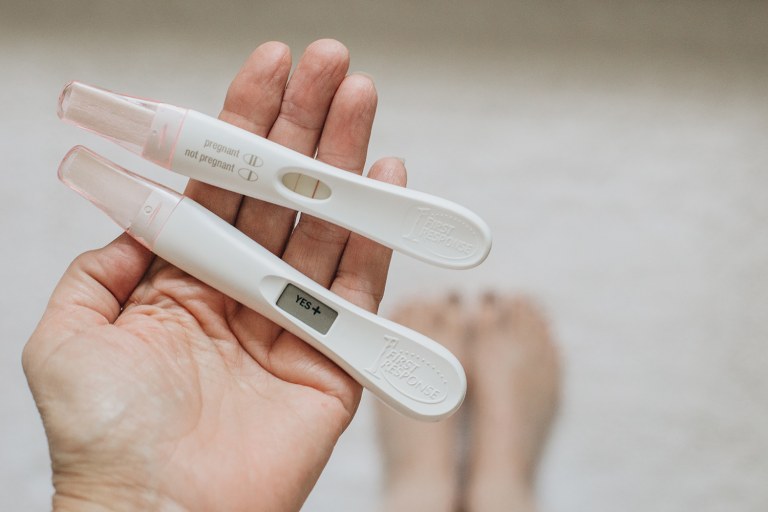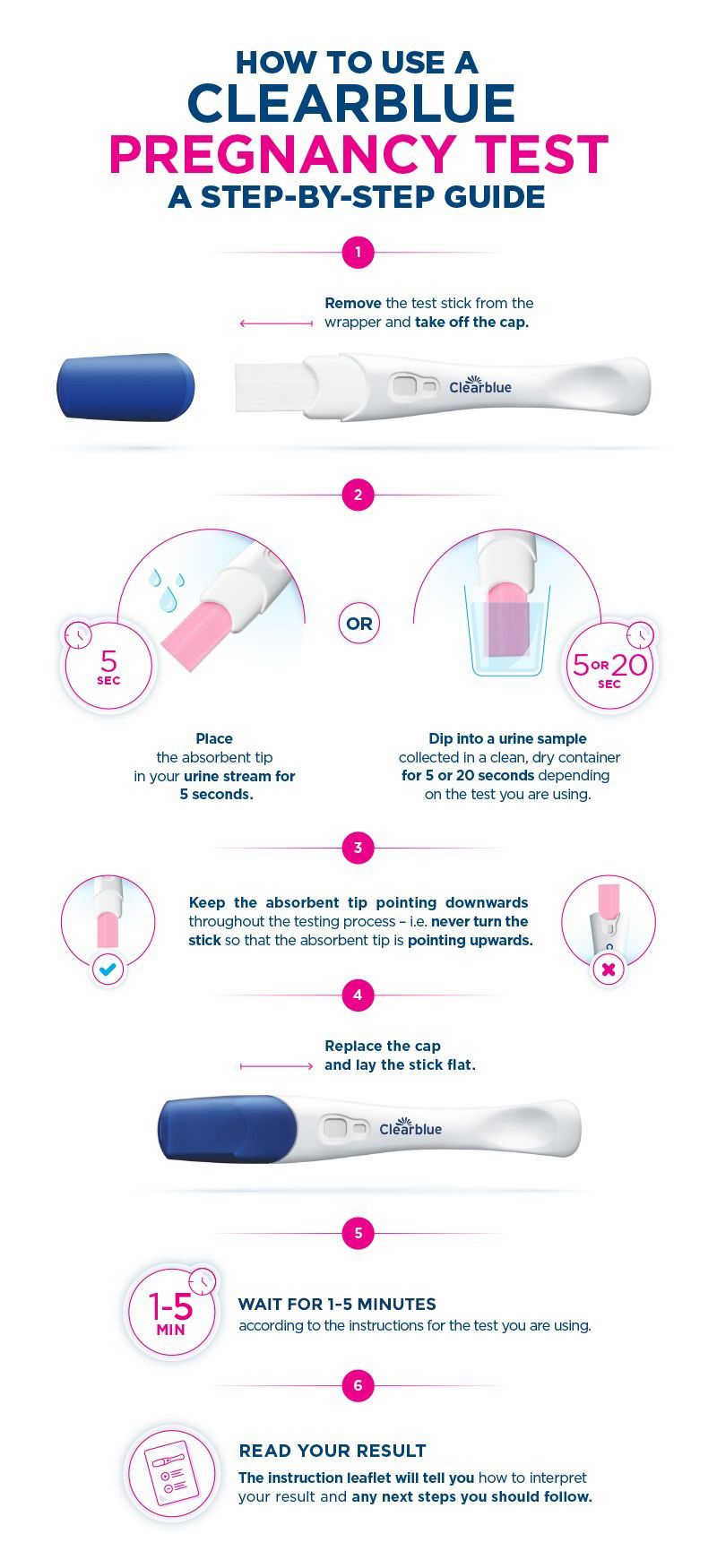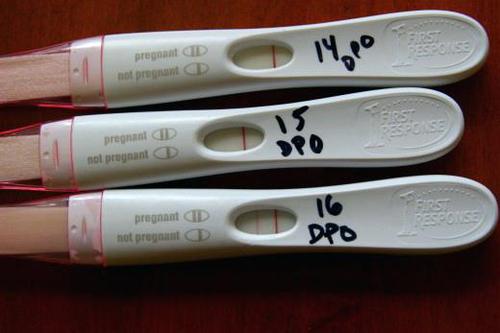
For many women, taking a home pregnancy test (HPT) can be a nerve-wracking experience, especially when trying to conceive. The desire to get accurate results can lead to many questions, with one of the most common being: "When should I take an HPT for the best results?" Understanding the timing of HPTs is crucial to getting reliable results and minimizing unnecessary stress.
Understanding Home Pregnancy Tests (HPTs)

Home pregnancy tests detect the presence of human chorionic gonadotropin (hCG) in urine. hCG is a hormone produced by the placenta shortly after implantation of a fertilized egg into the uterus. The concentration of hCG in urine increases rapidly during early pregnancy, making it a reliable indicator of pregnancy.
The Timing of hCG Production
The production of hCG begins as soon as the fertilized egg implants in the uterus, which typically occurs about 6-12 days after fertilization. However, it's essential to note that the concentration of hCG in urine varies from woman to woman and even from one pregnancy to another.

Factors Affecting hCG Concentration
Several factors can influence the concentration of hCG in urine, including:
The sensitivity of the HPT: Different tests have varying levels of sensitivity, with some detecting lower concentrations of hCG than others. The time of day: hCG levels tend to be higher in the morning, making it a better time to take an HPT. Hydration: Drinking too much water can dilute the concentration of hCG in urine, potentially leading to false-negative results. Medical conditions: Certain medical conditions, such as polycystic ovary syndrome (PCOS), can affect hCG production.
When to Take an HPT for Best Results
Given the factors that influence hCG concentration, when is the best time to take an HPT? Here are some general guidelines:
Wait until after a missed period: This is usually around 4-5 weeks of pregnancy. Taking an HPT too early can lead to false-negative results. Take the test in the morning: As mentioned earlier, hCG levels tend to be higher in the morning, making it a better time to take an HPT. Avoid excessive hydration: Drinking too much water can dilute the concentration of hCG in urine, potentially leading to false-negative results. Use a sensitive test: Choose an HPT with high sensitivity to detect lower concentrations of hCG.

Interpreting HPT Results
Once you've taken an HPT, it's essential to understand how to interpret the results. Here are some possible outcomes:
Positive result: If the test shows a positive result, it's likely that you're pregnant. However, it's always best to confirm the result with a healthcare professional. Negative result: If the test shows a negative result, it's possible that you're not pregnant, or you may have taken the test too early. If you're still experiencing symptoms of pregnancy, wait a few days and take another test. Inconclusive result: If the test shows an inconclusive result, it's possible that the test was taken too early, or the concentration of hCG in urine was too low.

Conclusion: A Final Word on HPT Timing
When it comes to taking an HPT, timing is everything. By understanding the factors that influence hCG concentration and following the guidelines outlined above, you can increase your chances of getting accurate results. Remember to wait until after a missed period, take the test in the morning, avoid excessive hydration, and use a sensitive test. If you're still unsure about your results, it's always best to consult with a healthcare professional.
We hope this article has provided you with valuable insights into the world of home pregnancy tests. If you have any questions or concerns, please don't hesitate to share them in the comments below.
Engage with us:
Share your experiences with HPTs in the comments below. Ask us any questions you may have about HPTs or pregnancy. Share this article with friends and family who may find it helpful.
Take action:
If you're trying to conceive, consider using a fertility app to track your cycles and increase your chances of getting pregnant. If you've received a positive HPT result, schedule an appointment with your healthcare provider to confirm the pregnancy and discuss next steps.
Final thoughts:
Getting accurate results from an HPT can be a nerve-wracking experience, but by understanding the timing and factors that influence hCG concentration, you can increase your chances of getting reliable results. Remember to stay calm, be patient, and always consult with a healthcare professional if you have any concerns or questions.
FAQs
How soon can I take an HPT after ovulation?
+It's generally recommended to wait until after a missed period, which is usually around 4-5 weeks of pregnancy. Taking an HPT too early can lead to false-negative results.
Can I take an HPT at night?
+While it's possible to take an HPT at night, it's generally recommended to take the test in the morning when hCG levels tend to be higher.
How accurate are HPTs?
+The accuracy of HPTs depends on various factors, including the sensitivity of the test, the time of day, and the concentration of hCG in urine. Generally, HPTs are accurate when taken correctly and at the right time.
Gallery of When To Take An Hpt For Best Results
